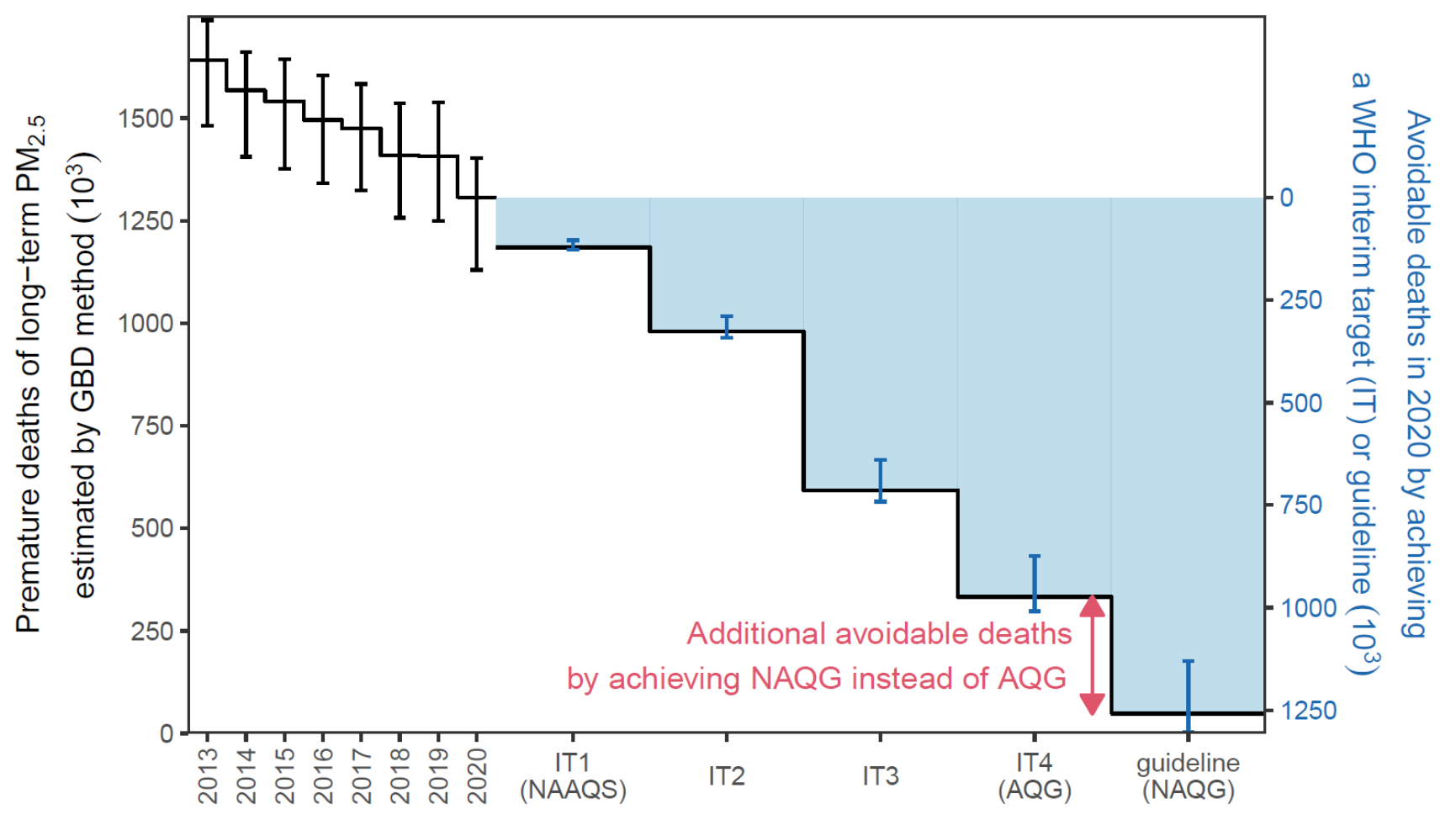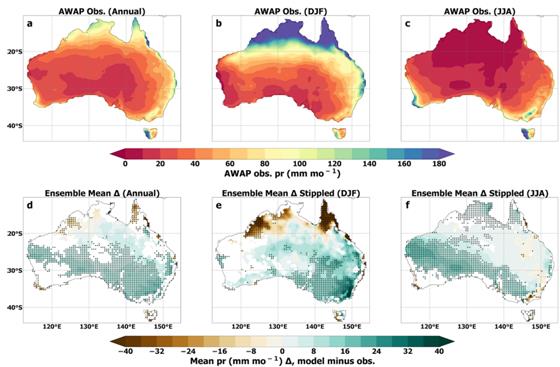
![]()
![]()
![]()
![]()
![]()
As the largest and most populous continent in the world, Asia plays an extremely important role in global climate change research and response. By establishing more reliable climate change models and accurately assessing the likely impacts of climate change, researchers and stakeholders can prepare appropriate policies and measures as comprehensively as possible. To achieve this goal, on 21 June 2022, the opening plenary session for the Asia Spotlight Event was held online on the Sustainability Research and Innovation (SRI) Congress 2022. The session was hosted by Prof. Zhou Tianjun from Chinese academy of sciences, including three inspiring reports and an open discussion.

The aim of the themed session is to enhance mutual understanding and exchanges among the researchers from Monsoon Asia Integrated Research for Sustainability—Future Earth (MAIRS-FE), World Climate Research Programme-Coordinated Regional Climate Downscaling Experiment (WCRP-CORDEX), and Chinese National Committee for Future Earth, break down the current disciplinary barriers, carry out cooperative research activities, promote discipline building in the related fields, and make the research results of natural and social sciences more actively to serve the sustainable development.
In the session, progress in related fields were shared. Prof. Zhu Tong, Chair of the MAIRS-FE Science Steering Committee and Dean of the College of Environmental Sciences and Engineering of Peking University, introduced recent findings of the integrated study on air quality, climate change, and health effects, based on AiR-Climate-Health (ARCH) research group, aiming to maximize health benefits. He shared that nearly 6.67 million premature deaths were attributable to in/outdoor air pollution, while meeting the new Air Quality Guidelines (NAQGs) released by World Health Organization in 2021 for PM2.5(particulate matter with aerodynamic diameter 2.5 μm) could avoid extra 28.5 (25.1, 30.0) x 104 death/year in China.

Source: Xue et al., 2022, National Science Review
Prof. Willian Gutowski from Iowa State University shared his recent studies connecting climate information based on models with users’needs. He emphasized the communications and relationships among users, scientists, and producers, for it is important to integrate the most valuable and relevant regional climate information.
Prof. Michael Manton from Monash University shared his work on modeling and the management of extreme events. He mentioned that heatwaves and cold events caused more loss of live in Australia than any other climate extremes. He also shared that the intensity of climate extreme events was sensitive to details in modeling, thus assessment and sensitivity simulations were needed for all components.

Source: Evans et al., 2021. Climate Dynamics
During the panel discussion, participants explored possibilities and potential areas for better cooperation on the FE initiative. Asia is a unique area with large space and more than 50% of the global population, influenced by multiple climate change signals, such as monsoon, ENSO, wildfire activities. In order to capture the complex climate change signals in modeling studies, especially the extreme events, it is necessary to improve the modeling skills and compare different modeling results for different regions, and enhance the understanding on the complex of air quality, climate change, and health effects. They also advocated sharing of different types of data to improve the modeling, application for policy and next-step for collaboration.
References:
Xue, T., Geng, G., Meng, X., Xiao, Q., Zheng, Y., Gong, J., ... and Zhu, T., 2022. New WHO global air quality guidelines help prevent premature deaths in China. National science review, 9(4), nwac055.https://doi.org/10.1093/nsr/nwac055.
Evans, J. P., Di Virgilio, G., Hirsch, A. L., Hoffmann, P., Remedio, ... and Coppola, E., 2021. The CORDEX-Australasia ensemble: evaluation and future projections. Climate Dynamics, 57(5), 1385-1401.https://doi.org/10.1007/s00382-020-05459-0.